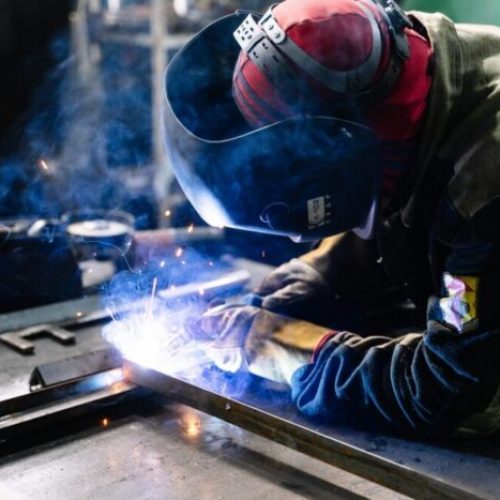

Unit 05 :
“A bad workman always blames his tools”
![]() Upper Intermediate
Upper Intermediate
Objective
To be able to know more about idioms and expressions.
Vocabulary
Read and know the meaning the words used in the article.
1. plough /plaʊ/
dig to make ready for planting seeds
Farmers start ploughing in the spring.
2. yield /jiːld/
an amount of something positive, such as food or profit, that is produced or supplied
Crop yields have risen steadily.
3. miser /ˈmaɪ.zɚ/
someone who has a strong wish to have money and hates to spend it
On environmental spending, the president is a miser.
4. monsoon /mɑːnˈsuːn/
the season of heavy rain during the summer in hot Asian countries
The failure of the monsoon would destroy harvests on which a billion people rely.
5. lament /ləˈment/
to express sadness and feeling sorry about something
The poem opens by lamenting (over) the death of a young man.
6. limited /ˈlɪm.ɪ.t̬ɪd/
small in amount or number
Places on the bus are limited to 50 – so book early!
Quick Reading
Read the short passage.
The meaning of this proverb is ….our success does not depend on what Kind of tools we have but how we use them.
A person may have all the equipments in the world but if he does not know how to use them he can never complete a job successfully. Whereas a person who can make effective use of what is available with him can make a success of any work given to him.
The same can be said of real life situations too. We must learn to hone our talents and tabs maximum benefit out of them and not blame destiny or fate when something goes wrong.
Kumar and Ravi were two farmers who were neighbours. Both owned a pair of oxen each with which they ploughed their land. Kumar worked hard all day long in order to get a good yield and looked after his oxen very well since he knew that they were very important for his farming activity
Ravi on the other hand was a very lazy and a miser who never fed his oxen properly but extracted maximum work from them and kept complaining that they were not doing a good job.
As a true friend Kumar advised and pointed out to Ravi that it was cruel to ill-treat the animals which were helping him make a living. Ravi paid little heed to Kumar’s words. He soon bought a tractor to plough his land and chased the oxen away since he no longer needed them. Taking pity on the poor animals Kumar took them under his wing although he could ill-afford to maintain them.
The monsoon soon arrived and it was time for cultivation. Kumar’s land was well ploughed and ready for cultivation – thanks to his oxen. Ravi in his miserly fashion had not maintained his tractor well and it kept giving him trouble. With the result, he could not get his land ready for cultivation on time.
He lamented and blamed it all on bad luck not realizing that it was he who was responsible for his miserable state. Ravi not only lost out on a good yield by his laziness but also spent more money than required to repair his tractor due to poor maintenance.
Despite having better equipment Ravi was unable to get the best results, whereas Kumar was a good workman and hence was able to succeed with the limited resources that he had.
Discussion
Answer the questions with your teacher.
- What did you understand from the proverb “A bad workman always blames his tools”?
- Who is the hardworking character in the story? What can you say about this person?
- Who is the lazy character in the story?
- Who are you between the two characters?
Discussion about You
Answer the questions with your teacher.
- Are you a hardworking person? Why or why not?
- Can you blame your equipment or your tool when you cannot work well? Why?



